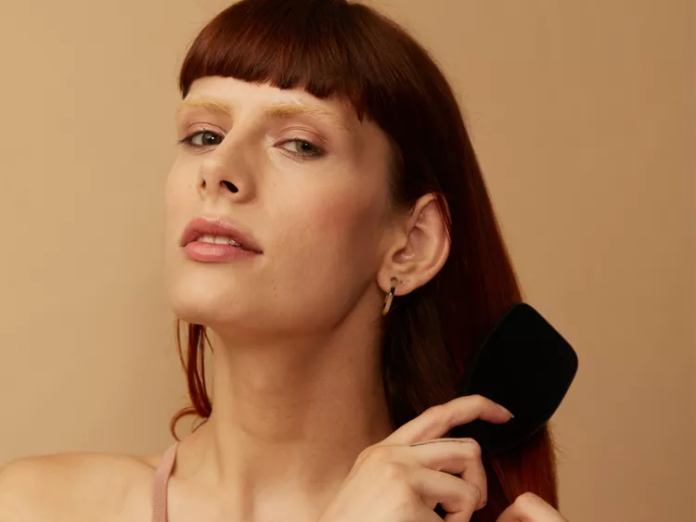Hair loss can be a distressing concern for many people, and various factors can contribute to it. One often overlooked factor is the quality of the water we use for washing our hair. In this blog post, we explore the potential connection between hard water and hair loss and consult dermatologists for their expert opinions.
What is Hard Water? Hard water contains high levels of minerals such as calcium and magnesium. While these minerals are not harmful to our health in moderation, they can have an impact on the condition of our hair and scalp. Hard water makes it difficult for Shampoos and conditioners to lather and can leave a residue on the hair, causing it to feel dry, brittle, and prone to tangling.
The Potential Link to Hair LossSome people believe that hard water can contribute to hair loss by clogging the hair follicles and preventing proper nutrient absorption. The minerals in hard water can buildup on the scalp, leading to irritation and inflammation. This may potentially affect hair growth and causes hair to become brittle and prone to breakage.
Dermatologist InsightsWe spoke with several dermatologists to gain their perspective on the relationship between hard water and hair loss. Here’s what they had to say:
“Hard water can make the hair more difficult to manage and may cause it to become dry and brittle,” says Dr. Smith. “This can increase the likelihood of hair breakage and shedding, but it is unlikely to be the sole cause of hair loss.”
According to Dr. Johnson, “While hard water may not directly cause hair loss, it can contribute to an unhealthy scalp environment. An irritated scalp can potentially impact hair growth and may make the hair more prone to falling out.”
“If you suspect hard water is affecting the condition of your hair, I recommend using a water softener or a clarifying shampoo to remove mineral buildup,” advises Dr. Davis.
Solutions and RecommendationsIf you live in an area with hard water, there are several steps you can take to minimize its potential effects on your hair:
Use a water softener: Installing a water softener in your home can help remove minerals from the water and make it gentler on your hair and scalp.
Try clarifying shampoos: These shampoos are designed to remove buildup and cleanse the scalp. Look for products specifically formulated for hard water or those containing chelating agents that can bind to minerals.
Rinse thoroughly: Make sure to rinse your hair thoroughly after washing to remove any remaining shampoo or conditioner residue.
Condition regularly: Using a conditioner can help replenish moisture and nourish the hair, reducing dryness and brittleness.
Consider additional treatments: Some people find that using a deep conditioning mask or scalp treatments can help soothe an irritated scalp and improve hair health.
ConclusionWhile the evidence is inconclusive, there may be a potential connection between hard water and hair loss. Hard water can affect the condition of your hair and scalp, potentially contributing to dryness, irritation, and breakage. However, it’s important to note that other factors such as genetics, hormones, and certain medical conditions can also play a role in hair loss. If you’re concerned about hair loss, it’s best to consult a dermatologist who can assess your individual situation and provide personalized advice. Implementing some of the solutions mentioned above and maintaining a good hair care routine can help promote a healthy scalp and perhaps reduce the risk of hair loss. Remember, a healthy scalp is the foundation for beautiful, strong hair!


